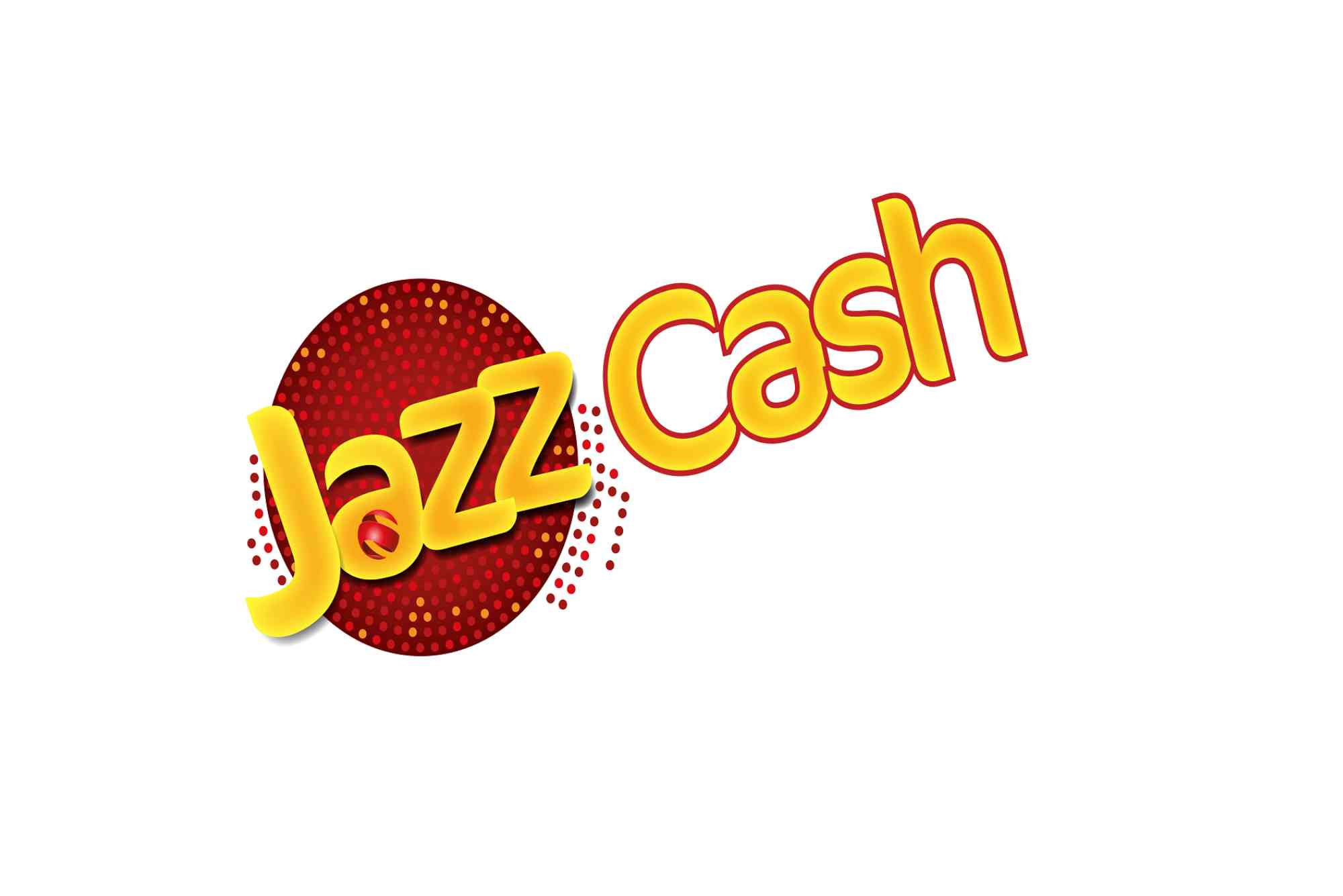In today’s digital world, learning SEO is no longer optional—it’s essential. With countless free SEO courses available, it can be hard to separate those that truly deliver results from those that simply rehash outdated tactics. The phrase “free SEO course” gets searched thousands of times each month, yet many learners still struggle to find examples of programs that actually work. Let’s explore real examples of free SEO courses done right and uncover what makes them stand out.
Understanding What Makes a Great Free SEO Course
A well-designed SEO course—paid or free—goes beyond teaching theory. It combines practical examples, real-world case studies, and actionable takeaways. The best courses help learners apply SEO concepts to their websites, measure performance, and adapt to Google’s ever-changing algorithms.
When evaluating a free SEO course, look for these characteristics: clear learning objectives, updated materials, instructor expertise, and real-world applications. Courses that lack these elements often leave students confused or misinformed.
Real Examples of Free SEO Courses Done Right
Google’s SEO Starter Guide
No list of free SEO resources would be complete without Google’s own SEO Starter Guide. Though it isn’t a traditional course, it provides practical insights directly from the search engine that defines the rules. Google explains concepts like indexing, crawling, and mobile optimization in simple language. This resource sets the foundation for understanding how search engines work before moving on to advanced strategies.
HubSpot Academy’s SEO Training
HubSpot Academy’s free SEO training is another standout example. The course breaks down SEO into manageable lessons, covering topics such as keyword research, on-page optimization, and link-building. What makes HubSpot’s course unique is its focus on strategy rather than just tactics. Students walk away knowing how to create content that ranks, not just how to stuff keywords into a blog post.
Moz’s Beginner’s Guide to SEO
Moz has long been a trusted name in the SEO community, and its free SEO course reflects that authority. The Moz Beginner’s Guide introduces learners to SEO fundamentals in an engaging, easy-to-understand format. It uses real examples to demonstrate how search intent, backlinks, and content optimization work together. Moz’s transparent explanations make it an ideal starting point for anyone serious about mastering SEO.
Coursera’s Search Engine Optimization Fundamentals
Taught by industry professionals, this Coursera course offers a free audit version that lets learners access all materials without paying. The curriculum includes both foundational SEO principles and hands-on assignments, bridging the gap between theory and practice. Learners gain insights into analytics, keyword strategies, and on-page improvements that have real-world impact.
Ahrefs’ Blogging for Business Course
Ahrefs is another trusted name in the SEO space. While many know Ahrefs for its premium tools, the company also offers free SEO courses through its YouTube channel. Their Blogging for Business series teaches students how to use SEO to grow organic traffic. It’s practical, up-to-date, and rooted in real data.
What We Can Learn from These Examples
The success of these free SEO courses lies in their ability to blend education with execution. They share a few common traits that set them apart from generic tutorials.
First, they are structured logically. Learners move from basic to advanced concepts gradually. Second, they emphasize practical application. For instance, HubSpot provides exercises to help learners implement strategies immediately. Third, they use real-world examples, which keeps the material relevant.
By studying these successful examples, you can identify the ingredients that make a course truly valuable: real data, actionable tips, and continuous updates.
Applying Lessons from Successful SEO Courses
Once you’ve completed a free SEO course, the next step is implementation. Apply what you learn to your own website or project. For example, if you learn about keyword clustering from Moz or HubSpot, use tools like Google Search Console to identify opportunities.
It’s also important to measure progress. SEO isn’t a one-time task—it’s an ongoing process. Regularly check metrics like organic traffic, click-through rates, and keyword rankings. As you see improvements, adjust your strategy to maintain momentum.
For additional insights, professional resources such as SEO Expert Help and Search Engine Journal SEO provide up-to-date techniques and expert guidance to help refine your approach.
The Orange Theory of SEO Learning
Just like Orange Theory Mountain View focuses on balance—combining cardio, strength, and endurance—effective SEO learning combines theory, practice, and analysis. You can’t rely on one element alone. Understanding concepts is essential, but real progress comes from applying and testing those concepts in live environments.
The most effective learners treat SEO as an experiment. They test, track, and tweak their strategies, just as Orange Theory athletes monitor their heart rate zones to optimize performance. Similarly, mastering SEO requires consistent effort, smart tracking, and continuous learning.
Common Mistakes to Avoid When Taking Free SEO Courses
Even with quality courses, some learners make mistakes that slow their progress. One of the most common issues is focusing solely on rankings rather than value. SEO is about connecting users with the best answers, not manipulating algorithms.
Another mistake is ignoring analytics. Tools like Google Analytics and Search Console offer invaluable data that help refine strategies. Without measuring results, it’s impossible to know what works.
Lastly, avoid outdated tactics. Free courses that promote keyword stuffing or link exchanges should raise red flags. Always check when the material was last updated to ensure it aligns with Google’s latest guidelines.
Why Free SEO Courses Are Worth Your Time
Investing time in a free SEO course can deliver long-term value. It’s a cost-effective way to build skills that can increase website visibility, attract clients, or even start a new career. Unlike other digital marketing areas that require heavy advertising budgets, SEO rewards knowledge and consistency.
Many learners who begin with free resources eventually move on to advanced paid programs or certifications. However, the foundational knowledge gained from free courses often remains the most valuable. It’s the base upon which more complex strategies are built.
FAQs: Real Questions People Ask About Free SEO Courses
What is the best free SEO course for beginners?
Google’s SEO Starter Guide and HubSpot Academy’s SEO training are excellent starting points for beginners who want a structured and practical approach.
Can I learn SEO for free and get results?
Yes, you can learn SEO for free and see real results. The key is to practice consistently and apply lessons to real websites.
How long does it take to learn SEO?
For most beginners, it takes about three to six months of steady learning and practice to understand and apply SEO fundamentals effectively.
Are free SEO courses as good as paid ones?
Some free courses, like those from Moz and Google, offer value comparable to paid programs. The difference often lies in mentorship and advanced content.
Do free SEO courses provide certificates?
Certain platforms like HubSpot Academy and Coursera offer completion certificates, which can enhance your resume and professional credibility.
Start Your SEO Journey the Right Way
Free SEO courses are more than just educational resources—they’re gateways to mastering a skill that drives organic success. The examples discussed show that with the right course, dedication, and practice, you can achieve measurable growth without spending a cent.







